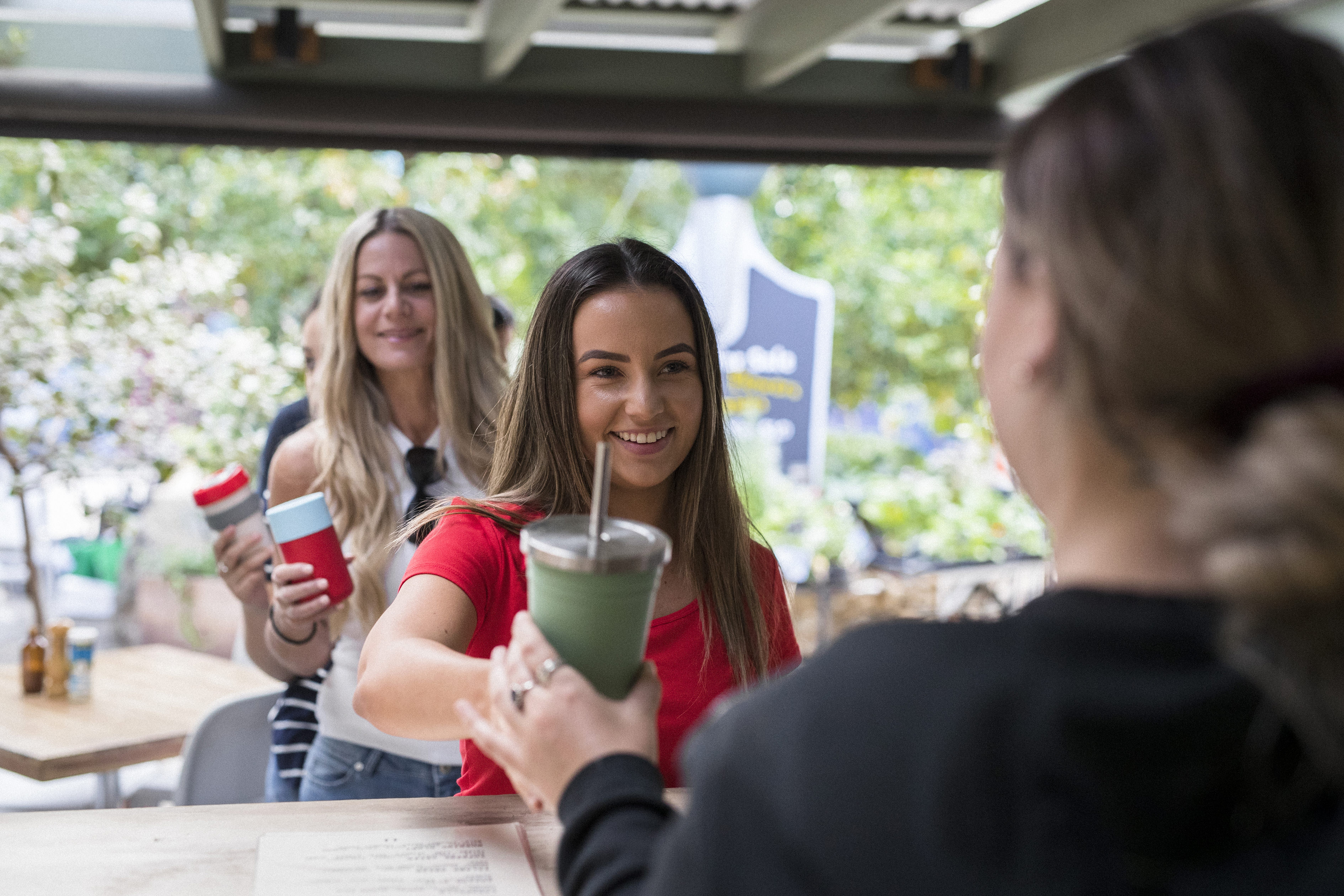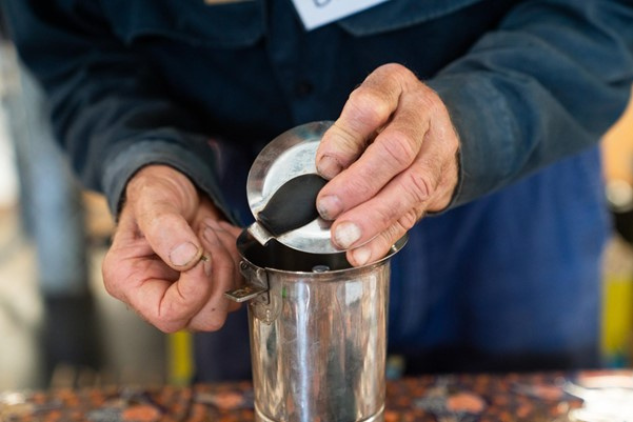
Waste Free Wednesdays
Intimidated by the thought of eliminating plastic for a full month? Get into Plastic Free July training early this year by embracing something we like to call Waste Free Wednesday!
Posted on: May 30, 2023
It’s easy for environment and climate issues to feel overwhelming, and to wonder what impact your contribution can make towards a greener, more sustainable world. Luckily, there are plenty of things you and your household can do to play your part and make a difference. Your contribution matters, and if we all take action together, the collective impact will help reduce waste and pollution and safeguard the environment for generations to come.

Recycling and reusing are a great place to start. That means fixing items instead of throwing them away, repurposing things where possible, and contributing to the circular economy by donating things you no longer need to charity shops or to family and friends.
But some items can’t be recovered using gifting, recycling, Earth-cycling (composting or using your local government’s FOGO bin), or by being taken to a specialist drop off. So the best way to reduce waste and do better than landfill is to avoid creating it in the first place. You might be able to identify areas in your day-to-day life where you can do more. And a good place to start is with your use of plastics. While plastics have now become a convenient and inexpensive part of our everyday lives, the single-use nature of many of these items contributes to a wasteful, take-make-dispose economy.

With Stages 1 and 2 of WA’s Plan for Plastic in full swing, you will already have seen many single-use plastic items phased out and environmentally friendly alternatives become available. Stage 1 of Plan for Plastics saves 430 million single-use plastics from landfill or litter in WA each year. Stage 2, introduced earlier this year, will save an additional 700 million items annually.?
The Plan for Plastics is a staged effort to help businesses and the community to make the change to non-plastic alternatives. The transition is being supported with community education, retail and supplier engagement, and a Plastic Free Places program run by the Boomerang Alliance. The program has 149 members who together, have avoided usage of nearly 400,000 single-use plastic items.
With a little bit of forward planning, some organisation and practice, it’s easy to make the swap from disposable and single use items to sustainable and reusable alternatives. This might mean changes like carrying your own refillable water bottle, having a reusable coffee cup, cutlery set and grocery bag ready to go, and bringing your own reusable food containers for takeaway from your local restaurants or at local shops like the butcher. You can reduce food waste by planning ahead with meals for the week and freezing items close to their use-by date for use later on. Take stock before you shop for new household items to make sure you’re not doubling up – thinking ‘one thing in, one thing out’ for clothes other things around the house is a strategy you can use.
With Plastic Free July just around the corner, now is the perfect time to take stock of your plastic use, and plan for how you can better help the environment by using less plastic and always making landfill the last resort.


Intimidated by the thought of eliminating plastic for a full month? Get into Plastic Free July training early this year by embracing something we like to call Waste Free Wednesday!

GREAT Sorts in your neighbourhood put less in their landfill bin by finding their local repair lab or repair cafe.

It doesn’t matter if you’re a first-time puppy parent or an experienced dog owner, chances are there are things you can do to lower the waste produced by your four-legged friend! Here are 5 things you could start to do today.